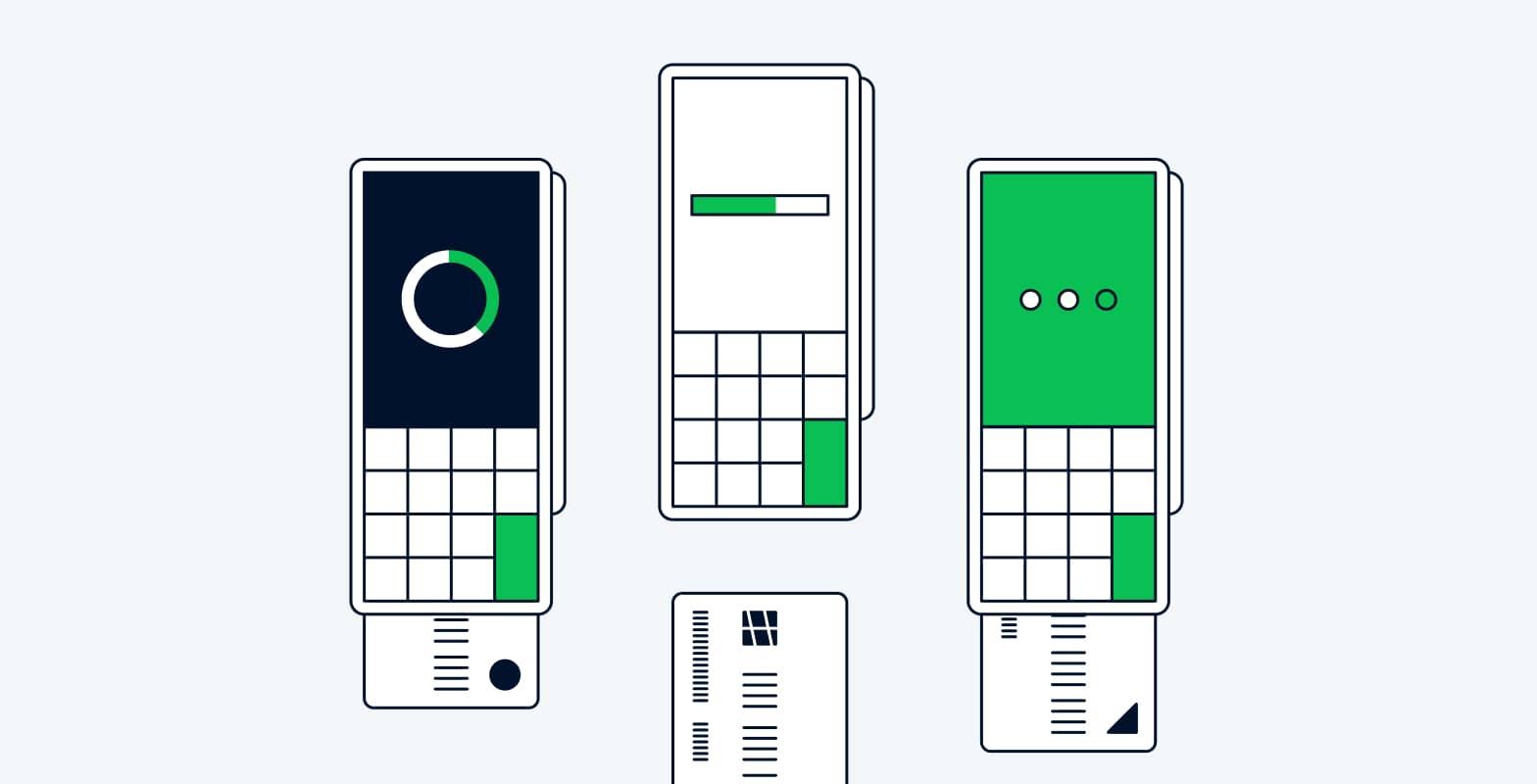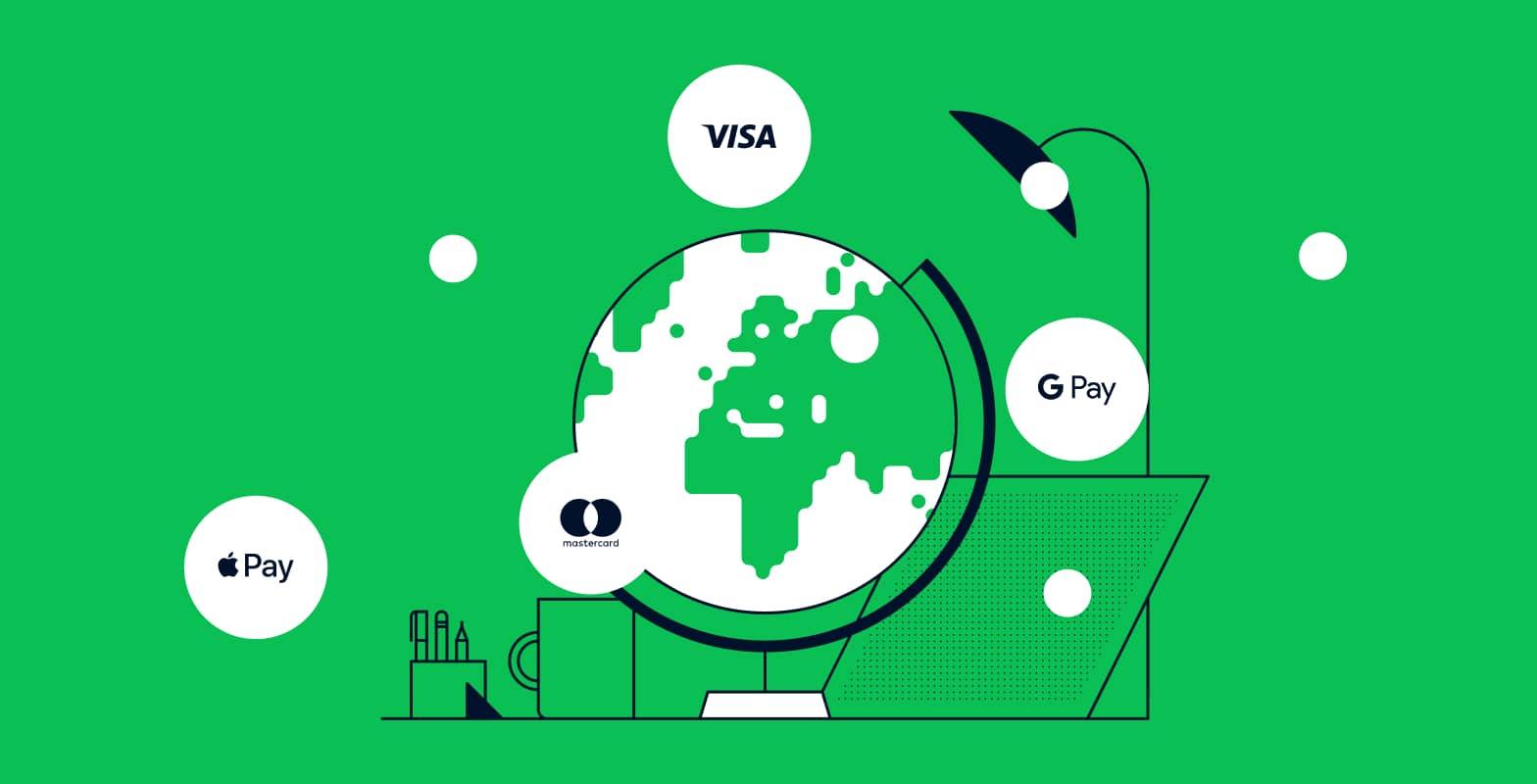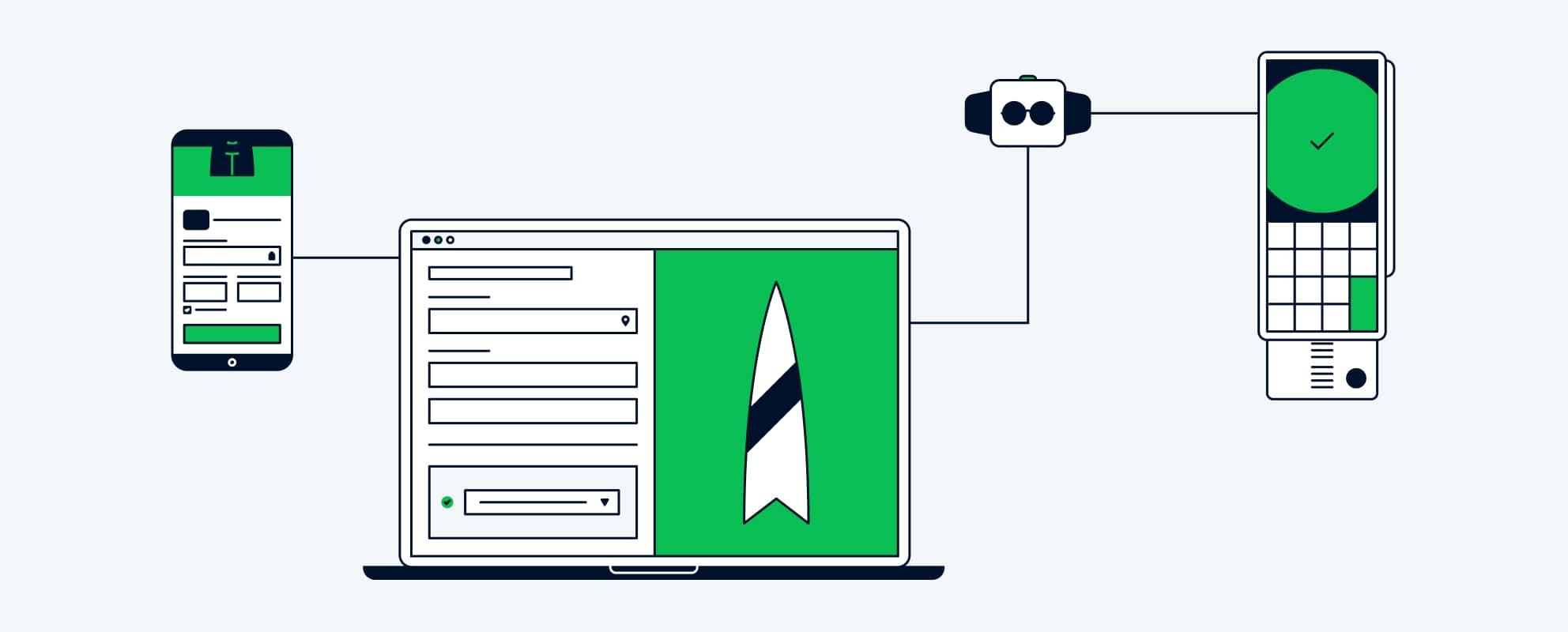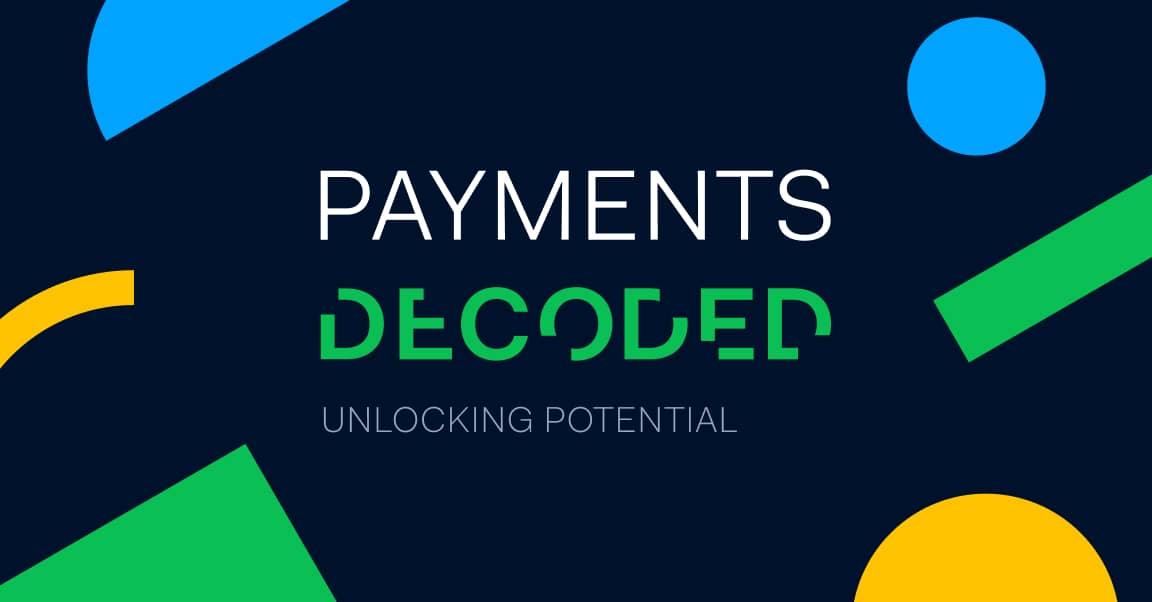Guides and reports
Payments trends to activate in 2021
Four key shifts shaping the North American payments landscape from the experts at Google Pay, GoFundMe, and Adyen.

This past October, we virtually welcomed merchants and payments experts for a day of discussion and networking at our flagship summit, Payments Decoded. It was a joy to dive into payments particulars with our audience and the day culminated in a series of working sessions on the key trends we see shaping North American payments in the year ahead.
Since 2020 was a year unlike any other, we decided to make our four most popular sessions across platforms and marketplaces, digital commerce, food and beverage, and retail available on-demand. Featuring insights from Google Pay, GoFundMe, and Adyen, these presentations provide a wide-angle lens on the rapid shifts in customer behavior and payments top of mind for many brands.
Here’s a recap of those four payments trends to activate in 2021.
Read next: Retail trends in 2025: What’s shaping how we shop?

Trend #1: PINless debit
The first payments trend worth noting for North America is the rise of debit. In 2020, debit spending accounted for 55.3% share of purchase volume (an increase of 8.6% from 2019). That’s big news for merchants wanting to improve authorization rates for debit-loyal customers.
Our session with Adyen’s Puneet Shah, VP of Product, and Sharanya Ramesh, Sr. Business Analyst, broke down the basics of how debit can help with online routing in the U.S. But as our experts noted, having a debit connection isn’t enough — merchants need to know what goes into getting transactions approved to make a real impact on their average transaction value.
“Having a debit connection in itself has little value,” notes Sharanya. “It cannot be used as a dump pipe. The real value comes from routing based on issuer preference. There are many factors that go into an approved transaction. The issuer is ultimately the one who approves the transaction, but the debit networks play a big role in this decision.”
The bottom line, having a payments partner who knows the preferences of each issuer and debit network — and who automatically retries failed transactions — can help you see a huge lift (for example, merchants who use Adyen see between 1% to 3% lift in revenue on average). To learn more about the history of debit, what businesses benefit the most from it, and more tips for boosting authorization rates, watch Sharanya and Puneet’s presentation in full.

Trend #2: Alternative payment methods
The second trend surfaced by our payments experts is the rise of alternative payment methods, or APMs. In our session with Steve Klebe, Head of BD - PSP Partnerships at Google Pay, and Rehman Baig, VP of Payment Partnerships at Adyen, the major takeaway was that in a mobile-centric world, brands can’t afford to miss out on offering APMs.
“Back on the desktop, you could get away with cards and maybe PayPal,” says Steve. “But now the world has become mobile-centric, it’s table stakes to have at least the primary mobile payment options available. There are too many reasons not to do it. Faster, more secure checkout; convenience for the consumer; one place for receipts — the benefits are endless. There are diminishing returns on how many APMs you can put into place, though. For many merchants that are global, you have to invest in some intelligence. You wouldn’t present iDEAL as a payment method to somebody in the United States. It takes a little effort. I do believe it has become mandatory to offer it and COVID has just reinforced that.”
From Google Pay to We Chat Pay and other mobile-first ways of buying at checkout, building customer-centric purchase flows that play to the strengths of the features and capabilities of the APMs you choose to offer is key. Do your research and make sure you’re offering what’s right for your region and your business. For more insights on APMs, check out Steve’s presentation.

Trend #3: Platform fraud
With more consumers shopping online than ever, it’s no surprise that fraud is on the rise, too. That’s why our third trend highlighted at Payments Decoded this year was platform fraud and using data to ensure platform businesses can block fraudulent activity without impacting the customer experience.
In our session with Matthew Murray, Risk & Compliance Manager at GoFundMe, Adyen’s Identity Risk Product Lead, Carlo Bruno, and Adyen for Platforms Product Manager, Isabelle de Clercq, we talked through GoFundMe’s approach to fraud prevention in a fast-changing world.
“Be very real about your risks and addressing them responsibly,” says Matthew. “You want to solve [things] in a scalable way to avoid needing an army of people looking. For example, a bit of card testing can look like collusion in some cases. However, when you’re able to compare KYC against account activity, then you can understand this is a good customer, the fraud isn’t connected.”
As bad actors get more sophisticated in their approach and tactics, platform businesses have to keep up to avoid losing customer trust. To learn more about how GoFundMe and Adyen are working together to tackle fraud, check out Matthew’s conversation with Carlo and Isabelle.

Trend #4: Customer loyalty
When you understand your customers better, you can serve them better. That’s why the fourth trend to activate in 2021 is customer loyalty through personalized checkout journeys. And as our session with J.P. Lips, Head of Retail & Hospitality Solutions at Adyen, showed in his session, the key to unlocking these customer-first experiences often lies within your payments data.
“What’s really important is the data you have as retailers and as hospitality companies,” says J.P. “What people buy, what people spend, how often they come, where they go. That is the kind of data that is important as a starting point for understanding your customers.”
Once you have answers to questions like these, you can use that information to build personalization into specific touch points along the buyer’s journey. For example: Asking first-time shoppers if they want to sign up for your loyalty program at the point of sale. Or, welcoming return customers and showing them their loyalty rewards balance at checkout.
